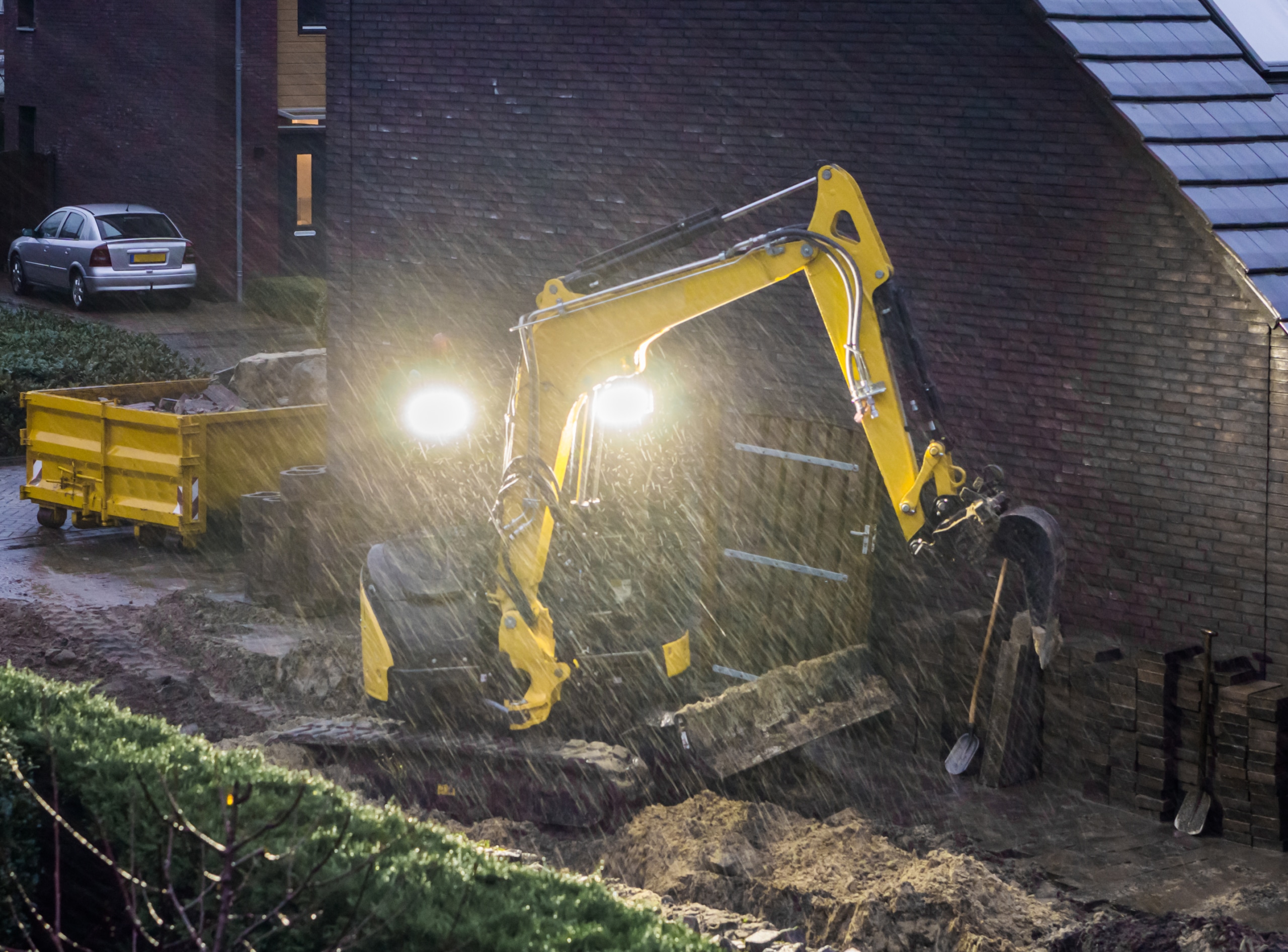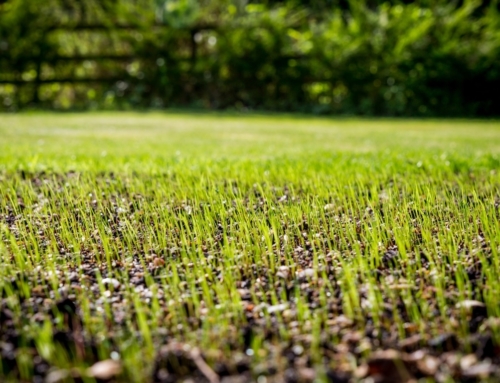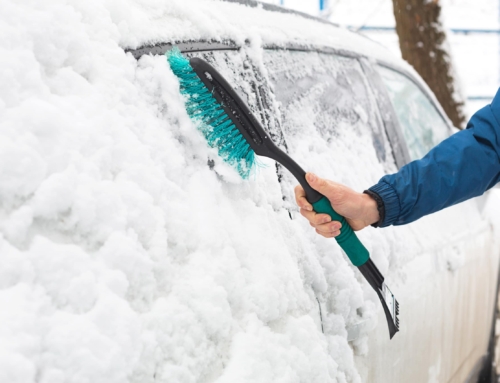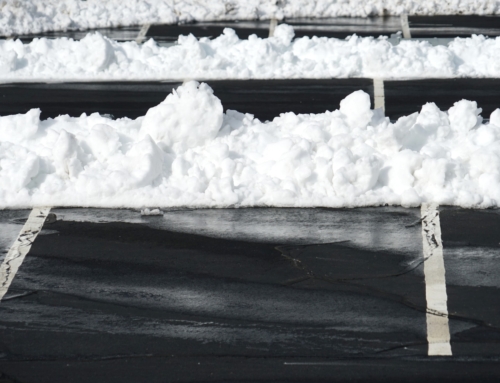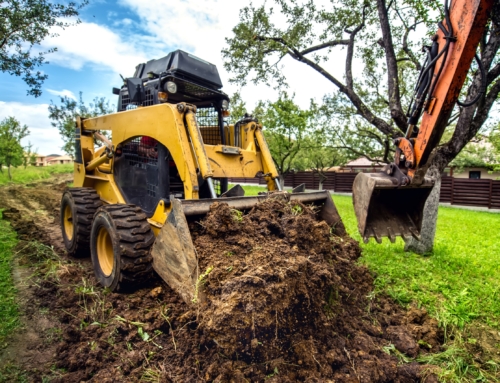Operate at any job site long enough and you are bound to encounter inclement weather. Your safety and that of your workers requires you to have a strategy in place for dealing with weather. Here are a few things that will help you operate safely in the rain and heavy mud.
Avoid Using Electrical Tools in the Rain
There’s a potential for electrical shock anytime you use power tools in the rain. This includes things such as sump pumps that are designed to be used in or near water. If there is even light drizzle, put away electrical tools, and wait until the ground has dried before stringing any power cords along it. Even under dry conditions, ensure any electrical tools you do use are rated for outdoor use.
Wear the Right Equipment
Waterproof jackets and pants are needed regardless of the season, and should contain an adequate amount of reflective tape. Aside from rain gear, you’ll also need a pair of waterproof work boots with non-slip soles. Wear gloves that fit snugly, particularly around the wrists so that rain cannot enter. Choose anti-fog safety glasses or goggles if you will be operating equipment.
Be Aware of High Winds
Rainstorms are often accompanied by high winds, which can make operating certain equipment dangerous. Scissor lifts are especially vulnerable, as high winds can easily grab onto their upper decks neck and cause them to spin out of control.
During heavy winds, you are also more likely to get hit with flying objects. Downed tree limbs might even make moving about the job site hazardous. If winds are howling, you are often better off taking shelter until they have died down some.
Slow Down
Like automobiles, heavy equipment should be driven slower whenever there is a rainstorm. Skid loaders, bulldozers and other equipment can easily lose traction or hydroplane when going through standing water. You are also more likely to crash into obstacles or even bystanders.
Loading docks may remain wet and slippery long after the rain has passed. Accordingly, you should use extra caution even after a rainstorm if you are operating a forklift or other material handling equipment.
Walking surfaces become slippery as well. Accordingly, you should move slowly and carefully when climbing ladders or walking on scaffolding.
Know when to Call Things Off
There are times when it would be better to cease operations. Call things off whenever:
- You are under a severe thunderstorm or tornado watch
- Officials have issued a wind advisory
- There is a danger of lightning strikes
- Heavy rain has greatly reduced visibility
- You notice downed power lines nearby
- Mudslides in your area are likely
Consider How Much Mud Weighs
Excavators, backhoes, and trenchers are all rated for a certain amount of weight. Try to move more than that amount, and you risk having the equipment capsize. A cubic yard of loose dirt typically weighs around 1,600 pounds, but that same amount of mud can weigh as much as 4,000 pounds. So you will really need to cut back on the amount of dirt you are moving whenever it is wet.
The weight of mud will also become a factor when driving into flooded areas. Equipment can easily become waterlogged when traveling through ditches, pits, or sunken areas, and could require towing equipment to get them out.
Contact Us:
Hayes Services can schedule your project and help you manage its complexities. If you are considering working on a project not discussed here, then be sure to contact Hayes Services. From landscaping efforts to foundation preparation, there are a large variety of projects that require the assistance of excavation companies like Hayes Services. Be sure to work with a fully licensed contractor in order to achieve the safest and highest quality outcome.
Dumpster Rental Near Me
Dumpster Rental
Dumpster Rental Company
Dumpster Rental Company CT
Dumpster Rental East Lyme CT
Dumpster Rental Waterford CT
Dumpster Rental Groton CT
Dumpster Rental New London CT
Dumpster Rental Old Saybrook CT
Dumpster Rental Madison CT

